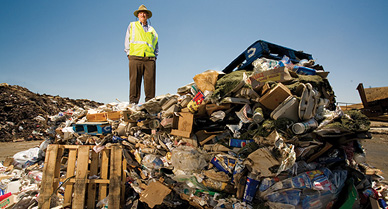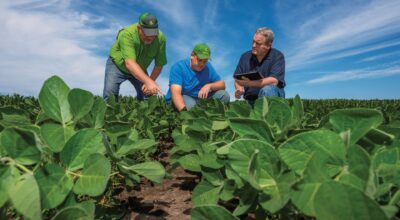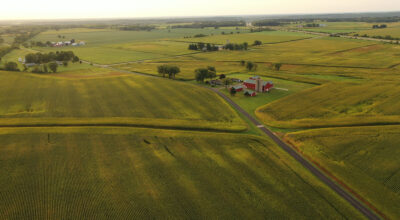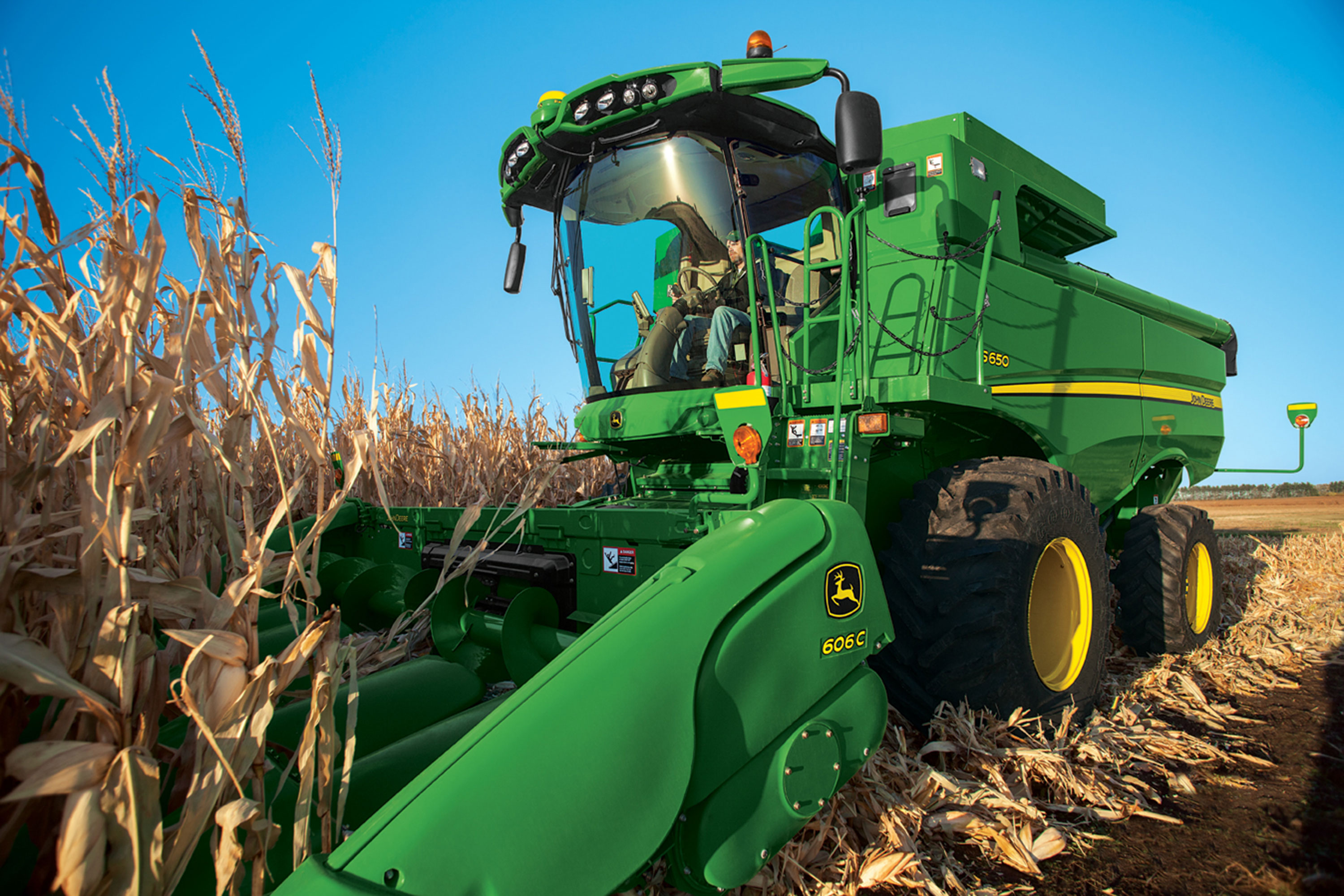Conserving resources has been a longtime global concern, both environmentally and politically. As we begin to realize the consequences of squandering important natural resources, the need for alternative methods and conservation has become a necessity, not an option. The conservation of resources such as water, soil, and fuel is a major part of current farming practices.
Farmers’ efforts to preserve depleting water, soil, and fuel sources will be the backbone of a future of clean biofuel energy as well as a guarantee that we don’t one day run out of the most necessary, and often overlooked, sources of life. In order to further promote the recycling of resources, we have created a list of 7 current farming practices that can help kickstart or enhance your conservation efforts:
- Irrigation: An irrigation system is a necessity to any field, whether it’s trickle irrigation or drip. A well-managed irrigation system not only keeps your crops thriving but also cuts down on wasted water. A manually or automatically timed system prevents precious water from being over-distributed and ensures it’s used as efficiently as possible. For some crops, proper irrigation can mean the difference between a valuable harvest or a costly failure.
- Proper Tillage Equipment: The tillage equipment offered by John Deere comes complete with built-in
Soil Management Systems, which feature seedbed preparation, weed reduction, the incorporation of nutrients from animal waste and herbicides into the soil, pest management, residue management, and elimination of compactions. John Deere tillage equipment promotes healthy, lively, and renewable soil for all field jobs. - Crop Rotation: Erosion, overuse, and chemical exposure are just a few factors that can damage the quality of your soil. Without being cared for properly, soil will have a much shorter renewable life and crops will not grow to their potential. For centuries, farmers have been rotating crops to preserve the health of soil, a practice that has maintained its importance in modern farming. Today, farmers also have the option to use row cleaners to remove harmful, built-up residue on soil and advanced technology for preventing runoff and strong winds that rob fields of good soil.
- Woody Biomass: For the forestry industry, Woody Biomass Utilization has become common practice and many foresters are pushing for legislation to require its use as part of the renewable energy movement. The sticks, limbs, leaves, and needles left after trees have been cut down can be made into lumber and sold, rather than thrown away. “Woody biomass harvesting can provide a significant source of renewable energy, promote forest stewardship, and generate economic recovery for the country’s forestry communities,” said Andrew Bonde, John Deere Marketing Manager.
- Recycled Materials: Many parts on John Deere combines and tractors are made with recycled and renewable materials such as corn- and soy-based plastics. This ensures that plastic materials are not being wasted and thrown into a landfill; corn and soy materials are biodegradable. Plastics made of natural materials can be used over and over until they have reached their full potential, a practice that is both cost effective and environmentally friendly.

- Fuel Efficiency: In order to conserve fuel while also using a high performance machine, farmers need to invest in the proper equipment. The majority of new tractor equipment is designed to be more fuel efficient than in the past, but John Deere has proved to be more successful in this area of conservation than any other manufacturer. The John Deere 8320R tractor set a fuel efficiency record in a Nebraska test by achieving 26 percent better efficiency than the competition.
- Use Your Resources: There are several methods, techniques, and programs that farmers can use to fully embrace conservation. The USDA offers the Soil and Water Management System as a resource in the National Agriculture Library, which contains information for every type of farmer: commercial, local, and everyone in between.
Whether you are a seasoned farmer or a consumer at the farm stand, current farming practices can help you daily operations. To ensure you are getting the most from your land be sure to continually educate yourself about the changes in agriculture practices.



